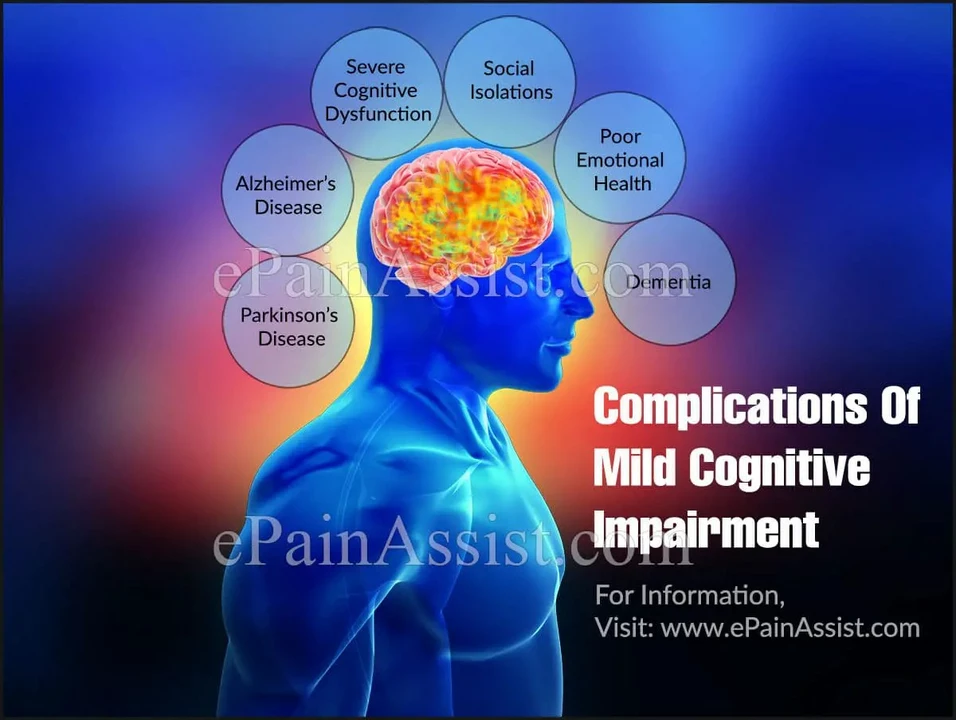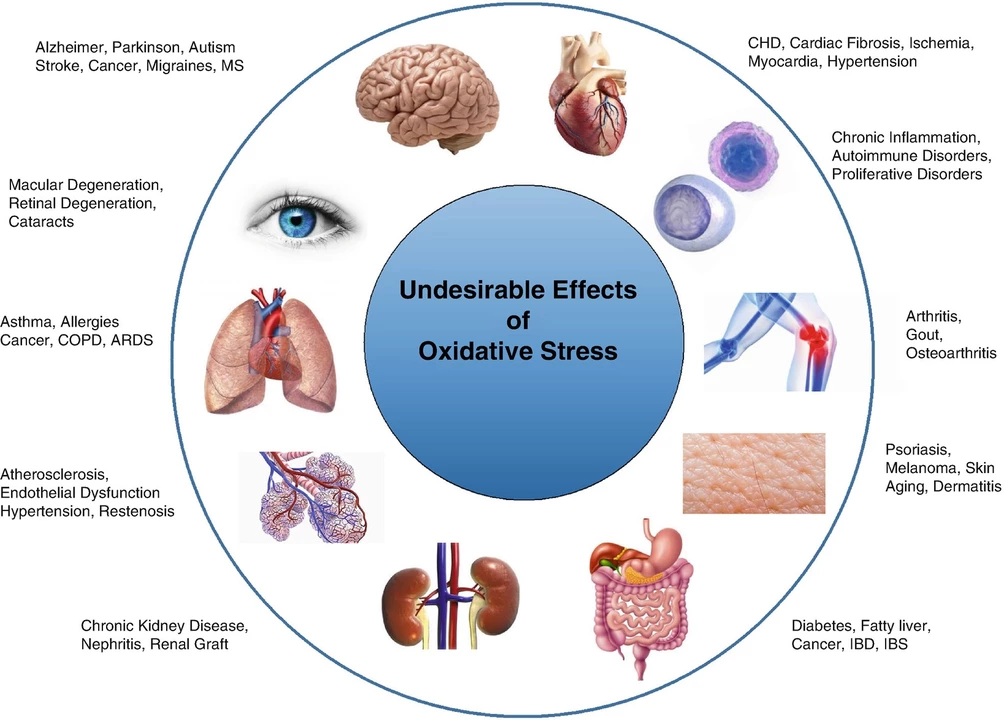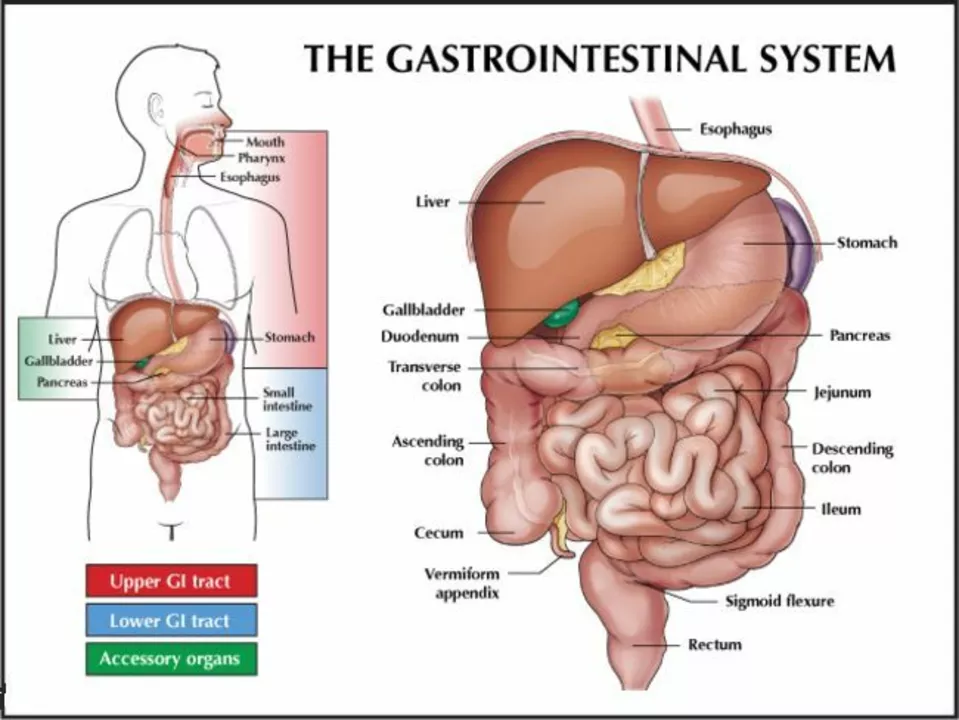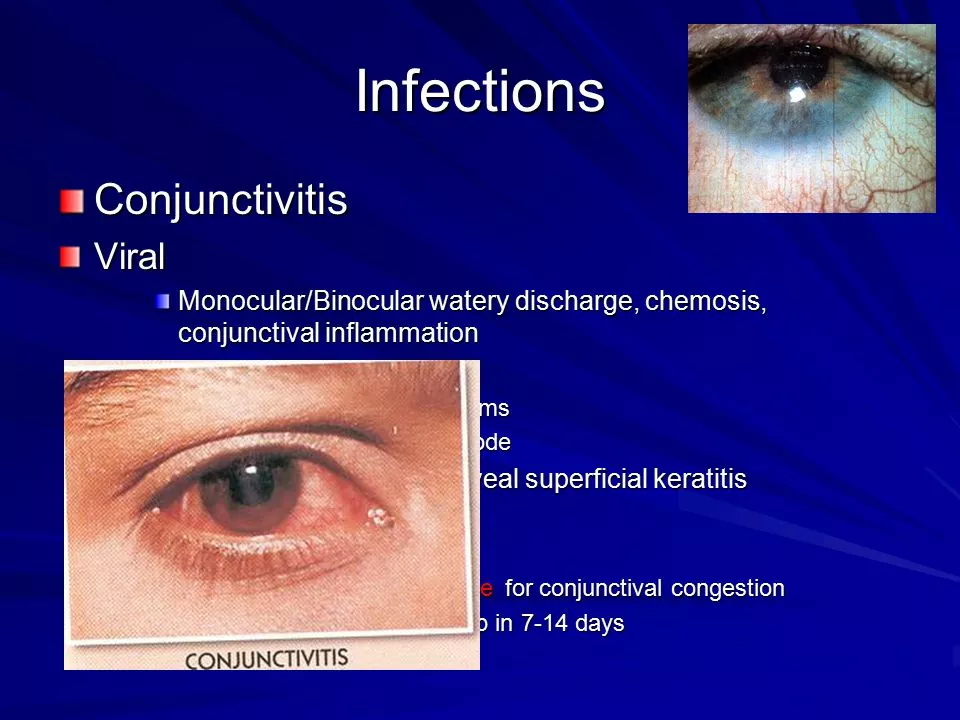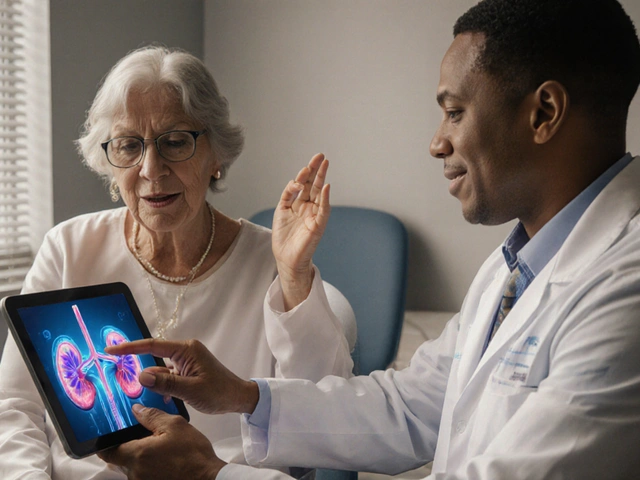April 2023 — Quick health roundup from Medipond
This month I covered four focused posts that matter if you or someone you care for is dealing with neurological decline, hormonal symptoms, allergy meds, or eye surgery recovery. I kept the pieces short and practical so you can spot what matters fast.
What I wrote
First, I looked at the link between Parkinson's disease and dementia. A clear, worrying fact: roughly half of people with Parkinson's may develop dementia as the disease advances. One likely driver is alpha-synuclein, a protein that builds up and disrupts thinking and memory. I broke down the common signs — slower thinking, trouble solving problems, and memory lapses — so caregivers can notice early changes and talk to their doctor sooner.
Next up was a post about hirsutism and autoimmune disorders. Hirsutism usually points to hormone issues, but I highlighted how conditions like thyroid autoimmune disease and PCOS can play a role. That matters because treatment changes when an autoimmune cause is found — for example, treating an underactive thyroid can reduce excess hair growth and improve overall health. I encouraged anyone with sudden or heavy hair growth to ask their clinician about basic hormone and thyroid tests.
I also reviewed azelastine’s effects on the gut. Azelastine is an antihistamine many people use for allergies, but some users report nausea, vomiting, or diarrhea. These side effects are usually mild and pass quickly, but I advised contacting a healthcare provider if symptoms linger or get worse. Simple tips like taking the medicine with food and monitoring hydration can help while you check with a clinician.
Finally, I explored besifloxacin in the context of post-operative eye infections. Besifloxacin is a fluoroquinolone made for topical eye use, with strong tissue penetration and broad bacterial coverage. Low resistance rates make it a solid choice after eye surgery to prevent or treat bacterial infections. I explained why surgeons and patients pick it and what signs of infection to watch for after a procedure.
Practical takeaways
If you remember three things from April: 1) Watch for cognitive changes if someone has Parkinson's and ask about dementia assessments; 2) Don’t assume hirsutism is only a cosmetic issue — check hormones and thyroid function; 3) If you start a new medicine like azelastine and get stomach symptoms, talk to your provider; and 4) After eye surgery, follow your surgeon’s antibiotic plan and report redness, pain, or vision changes fast.
If you want deeper reading, each post links to plain explanations and what questions to bring to your clinician. I aim to give clear steps, not just facts — so you can act or ask the right questions at your next appointment.
In a recent deep-dive into Parkinson's Disease and its relationship with dementia, I've discovered some fascinating connections. It turns out that around 50% of people with Parkinson's may develop dementia as the disease progresses. The primary cause seems to be the buildup of a protein called alpha-synuclein, which affects memory and cognitive functions. Symptoms of dementia in Parkinson's patients may include difficulty with problem-solving, memory loss, and slowed thinking. As a blogger, I find it crucial to raise awareness on this topic, as understanding these connections can help patients and their families better manage the challenges they face.
As a blogger, I recently discovered an interesting connection between hirsutism and autoimmune disorders. Hirsutism, an excessive growth of hair on women's faces and bodies, is often linked to hormonal imbalances. However, some studies show that it can also be connected to autoimmune disorders, like thyroid issues or polycystic ovary syndrome (PCOS). This connection highlights the complexity of our body's immune system and the various ways it can impact our overall health. I think it's important to spread awareness about this link, as it can help women with hirsutism seek proper diagnosis and treatment options.
In my latest blog post, I discussed the impact of azelastine on the gastrointestinal system. Azelastine is an antihistamine commonly used to treat allergies, but it may also affect our digestive health. Some users have reported side effects like nausea, vomiting, and diarrhea. While these symptoms are generally mild and temporary, it's essential to consult with a healthcare professional if they persist. Overall, azelastine is a helpful medication for allergy sufferers, but it's crucial to be aware of its potential gastrointestinal side effects.
As a copywriter, I've recently been researching the role of besifloxacin in managing post-operative ocular infections. Besifloxacin, a fluoroquinolone antibiotic, is highly effective in treating bacterial infections in the eye following surgery. This antibiotic not only offers broad-spectrum coverage but also boasts impressive penetration into ocular tissues. Moreover, besifloxacin demonstrates low resistance rates, making it a reliable treatment option for post-operative patients. In conclusion, besifloxacin plays a crucial role in ensuring swift recovery and preventing complications after ocular surgeries.
Medipond.com is a comprehensive online guide offering extensive knowledge on pharmaceuticals, diseases, and health supplements. The website aims to facilitate informed decision-making by providing accurate, expert-vetted health information to its users.
The Terms of Service page for Medipond.com outlines the rules and regulations for using the website. It informs users about legal obligations, disclaimers, limitations of liability, and how to contact the owner for any questions or concerns regarding the terms. Users are encouraged to read and understand these terms before utilizing the site.
The Privacy Policy page for Medipond.com provides a comprehensive overview of the data collection, usage, and security practices of the website. The policy outlines users' rights concerning their personal information and reveals the methods used to protect user data.
Explore our GDPR page to understand how Medipond.com manages user data in compliance with the General Data Protection Regulation. Our website is committed to safeguarding your personal information and ensuring your privacy rights are respected. This page outlines how we collect, use, and protect your data, as well as your rights regarding your personal information.
The Contacts page provides details on how to get in touch with the owner of Medipond.com, Caspian Elmhurst. It includes postal address, email contact, and also features a contact form for direct inquiries. The page is designed to offer visitors a straightforward way to communicate and receive advice on prescription drugs, disease prevention, and informed health choices.
